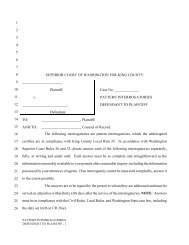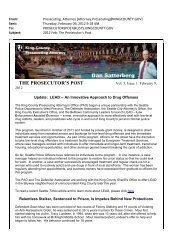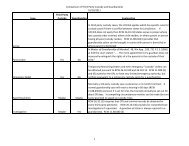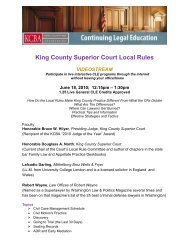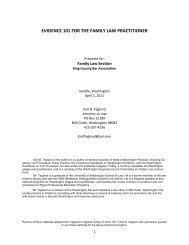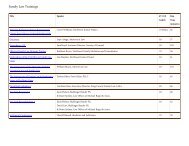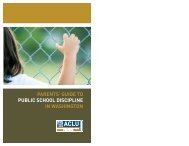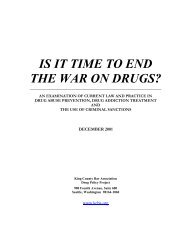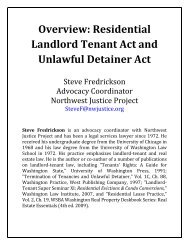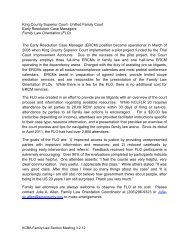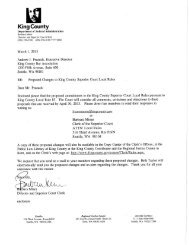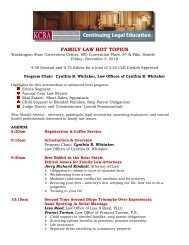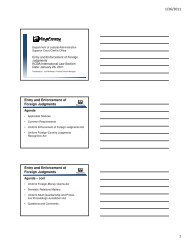Effective Drug Control: Toward A New Legal Framework
Effective Drug Control: Toward A New Legal Framework
Effective Drug Control: Toward A New Legal Framework
Create successful ePaper yourself
Turn your PDF publications into a flip-book with our unique Google optimized e-Paper software.
those drugs and thereby reducing public disorder, economic<br />
crimes related to addiction, transmission of disease, accidental<br />
death, quantities of drugs consumed, initiation of use by young<br />
persons and drug addiction itself, as well as criminal justice,<br />
public health and social welfare costs.<br />
A policy to achieve these objectives could only enhance the moral authority of the state.<br />
PROTECTING YOUNG PERSONS FROM THE HARMS OF DRUGS<br />
Among the public policy objectives to be served by any drug control strategy, the<br />
protection of children is arguably the most important. To satisfy this objective, any<br />
regulatory system designed to undercut illegal drug markets and to reduce the harm from<br />
psychoactive drugs must distinguish between the rights and interests of adults and those<br />
of children.<br />
We often hear about “the message we send to children.” Unfortunately, young<br />
people today receive many mixed messages, including, “Take a pill to feel better,”<br />
“Drink beer and get drunk” and “just say no, except when you’re 21 you can drink.” In a<br />
society that purportedly aims to be “drug-free,” young people witness excessive use of<br />
both legal and illegal drugs by adults and are bombarded by commercial advertisements<br />
promoting a wide variety of mind-altering, pleasure-inducing substances. The most<br />
troublesome mixed message we now send to young people is that drugs are bad and<br />
dangerous, but we still leave control of drugs up to criminal gangs rather than take<br />
control over them ourselves, as with all other hazardous substances.<br />
The attempt to fashion the appropriate parameters of a regulatory system for drug<br />
control must address the following threshold issues:<br />
1) Should young persons be legally prohibited from possessing and<br />
consuming psychoactive substances?<br />
Recent scientific findings have reformed previous notions about the early<br />
development of the human brain and validate a public policy that seeks to prevent the use<br />
of psychoactive substances that may impair the development of children and teenagers.<br />
Some recent evidence suggests that the use of psychoactive substances before age fifteen<br />
may be related to neurological problems, as compared with the initiation of use after age<br />
nineteen. 592 Other recent evidence indicates that legally prescribed psychoactive drugs<br />
present undue risks of harm to persons under age eighteen. 593<br />
Whether or not drugs directly affect the developing brain, children’s limited ability to<br />
make informed judgments renders them especially vulnerable to the adverse<br />
consequences of drug use and preventing or delaying such allows for the development of<br />
social competence and resilience to risk. 594 Therefore, where young persons’<br />
vulnerability unreasonably exposes them to the potential harms from psychoactive drug<br />
use, it is desirable and reasonable that young persons be legally prohibited from<br />
possessing and using such drugs. 595



